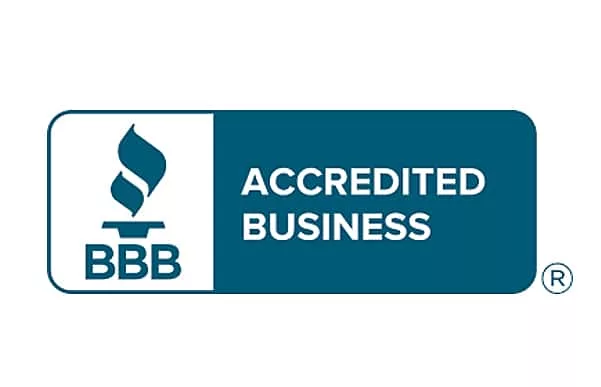The Better Business Bureau Serving Western Michigan is warning consumers to watch out for the top scam of 2021 so far—Online Purchase scams. The BBB Institute for Marketplace Trust released its Online Purchase Scams Report 2021 today, revealing these scams are the most reported to the BBB Scam Tracker website so far this year. 75% of those targeted report losing money to these online scams.
The new report gives a better look at how consumers are targeted. In many cases customers were actively searching for a business and came across the scam on google. However, half of the people who report losing money through a Facebook ad weren’t initially looking to make a purchase. These passive buyers saw something that caused them to take action and it led to them losing money.
“A growing number of people just scrolling through social media are becoming victims of this popular scam,” says Phil Catlett, President of the Better Business Bureau Serving Western Michigan. “Just because it is a paid ad doesn’t make it a legitimate offer.”
Recent examples reported to the BBB include:
A Wexford County woman ordered calming dog beds from a website she had not used in the past. Over $120 was taken out of her bank account and she was sent a confirmation email right away. But, the product never came, no one will return her emails, and the website no longer lists those dog beds.
A Grand Rapids woman found herself in a similar situation, after purchasing a high chair online. She is now out $185 dollars after many unsuccessful attempts to get ahold of the company.
Other findings from the BBB report include:
- A good sales price was the number one reason scam victims made a purchase from these problematic websites.
- 75% of the victims said they never received what they ordered, while others said they received something else, like a counterfeit product.
- The most common counterfeit product of 2021 is footwear, including popular Nike, Prada and Adidas brands.
- People ages 18-24 were more likely to lose money to online purchase scams and lost more money than older adults.
“Scammers will offer name brand and highly sought-after products at a much lower price, to entice people into taking advantage of the deal,” says Catlett. “The old saying holds true; if an offer sounds too good to be true it probably is.”
Consumer Tips:
- Research before you buy. People who do not research the website or business via an independent source (like BBB.org) before making a purchase are more likely to lose money. Do not rely on positive reviews alone. The 2021 report also revealed Survey respondents were unable to tell a fake review from a real one.
- Beware of fake websites. Check the URL, watch for bad grammar, search for contact information. Scammers are great at mimicking official seals, fonts and other details.
- If the deal looks too good to be true, it probably is. Scammers offer hard-to-find items and highly sought-after products at great prices.
- Avoid impulse buying. More than half of the people surveyed lost money while browsing online or on social media. Be more intentional with your purchases.
- Make sure the website is secure. Look for the “https” in the URL (the extra s is for “secure”) and a small lock icon on the address bar. Never enter payment or personal information into a website that is not secure.
- Use secure and traceable transactions and payment methods. Those who pay with a credit card or PayPal are more likely to get their money back. Avoid paying by wire transfer, prepaid money card, gift card, or other non-traditional payment methods.
- Look out for phishing texts or emails that pose as official notices from delivery companies. These either contain a “tracking link” or a message that the shipper is having difficulty delivering a package to you, or most recently, a link to update delivery preferences. Clicking the link either takes you to a form that asks for personally identifying information, or to a site that downloads malware onto your computer.
- Report suspicious activities to BBB Scam Tracker (BBB.org/scamtracker) to help other consumers avoid being scammed.






